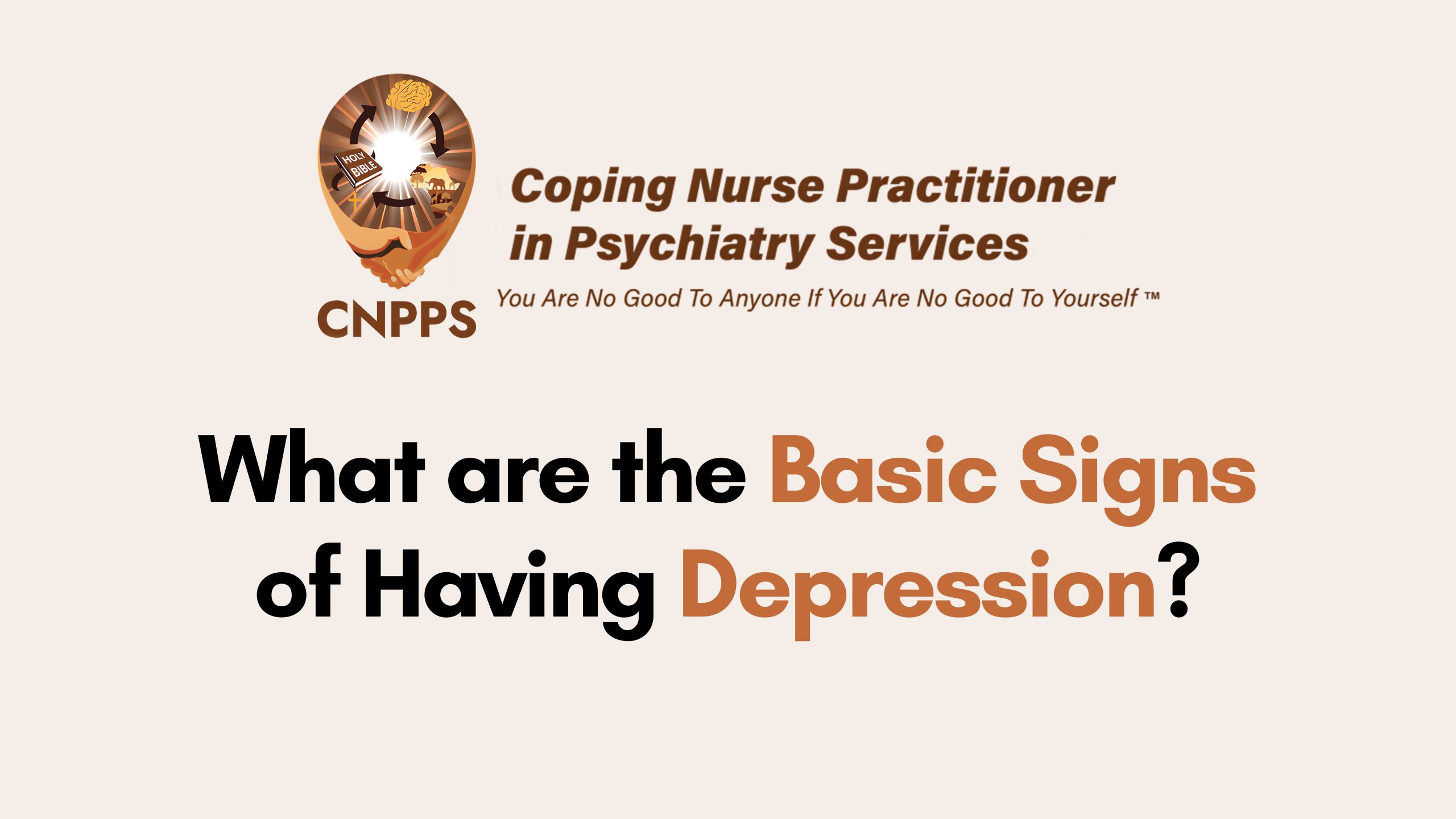Depression is a serious but treatable mental health disorder that affects how a person feels, thinks, and functions in daily life. Recognizing the early signs of depression can help individuals seek timely support and prevent the condition from worsening. Below are the most common and basic signs that may indicate someone is experiencing depression.
10 signs of having depression
1. Persistent Sadness or Low Mood
One of the hallmark symptoms of depression is feeling sad, hopeless, or emotionally “empty” for most of the day, nearly every day. This low mood may seem unshakable and doesn’t always have a clear reason.
2. Loss of Interest or Pleasure
Known as anhedonia, people with depression often lose interest in activities they once enjoyed. Hobbies, social interactions, or even favorite foods may no longer bring joy or satisfaction.
3. Changes in Sleep Patterns
Depression commonly affects sleep. Some individuals may struggle with insomnia (difficulty falling or staying asleep), while others may sleep too much (hypersomnia) and still feel exhausted.
4. Fatigue or Low Energy
Chronic tiredness and lack of energy are frequent symptoms of depression. Even simple tasks can feel overwhelming or physically draining, often without a medical explanation.
5. Appetite and Weight Changes
Depression can lead to noticeable changes in eating habits. Some people lose their appetite and lose weight, while others may eat more than usual, leading to weight gain.
6. Feelings of Worthlessness or Guilt
Individuals with depression often experience excessive guilt, self-blame, or feelings of worthlessness. These negative thoughts can be intense and are often out of proportion to reality.
7. Difficulty Concentrating
Mental fog, forgetfulness, and trouble focusing are common cognitive symptoms. Depression can impair decision-making and affect work, school, or personal responsibilities.
8. Increased Irritability
Depression doesn’t always show up as sadness. It can also present as irritability, restlessness, or frustration—especially in teens and men.
9. Physical Symptoms
Many people with depression report unexplained physical issues such as headaches, digestive problems, or chronic pain. These symptoms often don’t respond well to typical medical treatment.
10. Thoughts of Death or Suicide
Recurring thoughts about death, dying, or suicide are serious warning signs of clinical depression. Immediate professional help is crucial if these thoughts occur.
When to Seek Help
If you or a loved one is experiencing multiple symptoms for more than two weeks and these signs are interfering with daily life, it may be clinical depression. The good news is that depression is treatable with therapy, medication, lifestyle changes, or a combination of approaches.
Don’t wait for symptoms to worsen. Reach out to a licensed mental health professional for a proper diagnosis and support plan. Early intervention can lead to a better quality of life and long-term recovery.

Leave a Reply